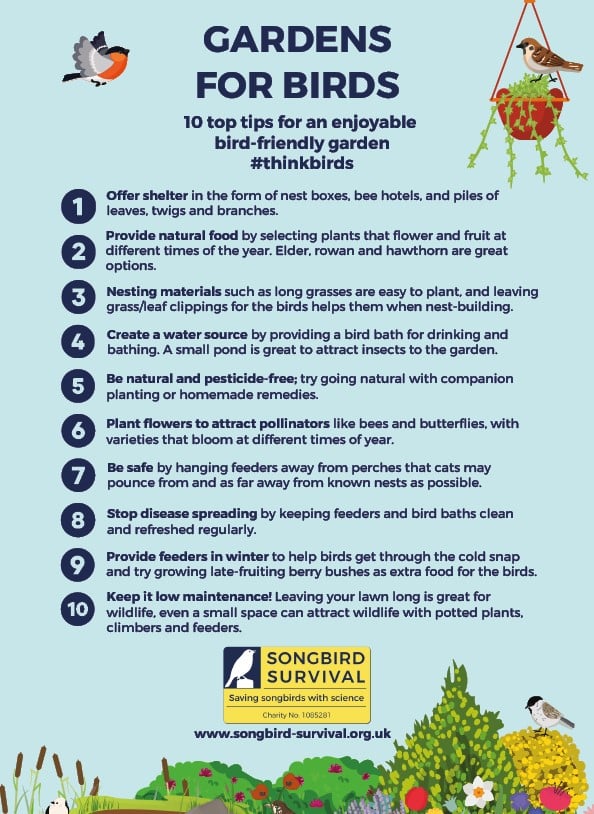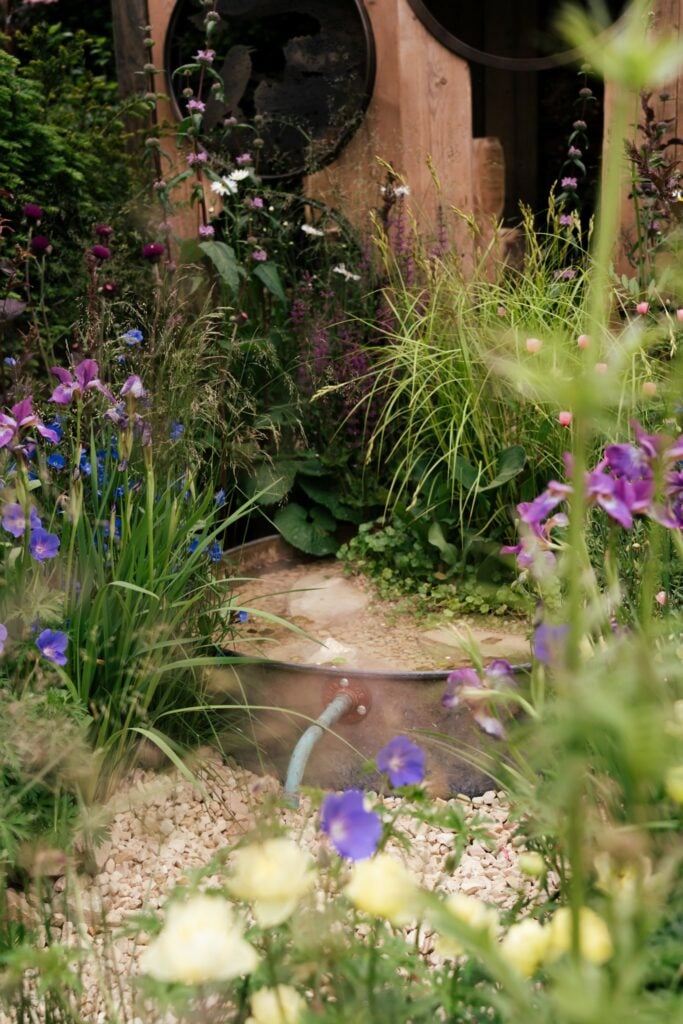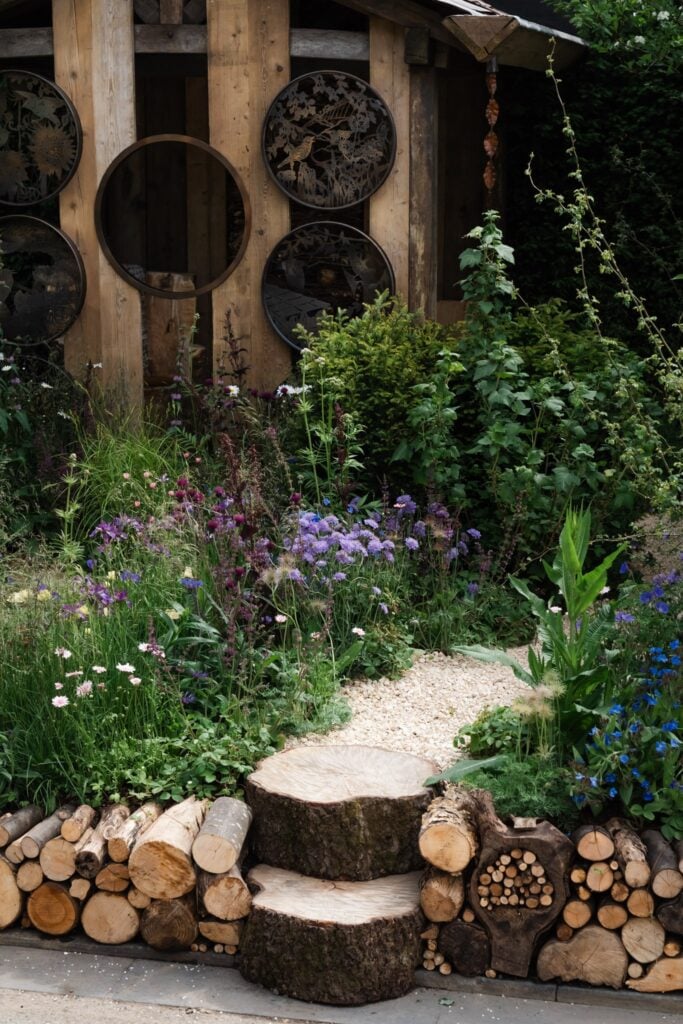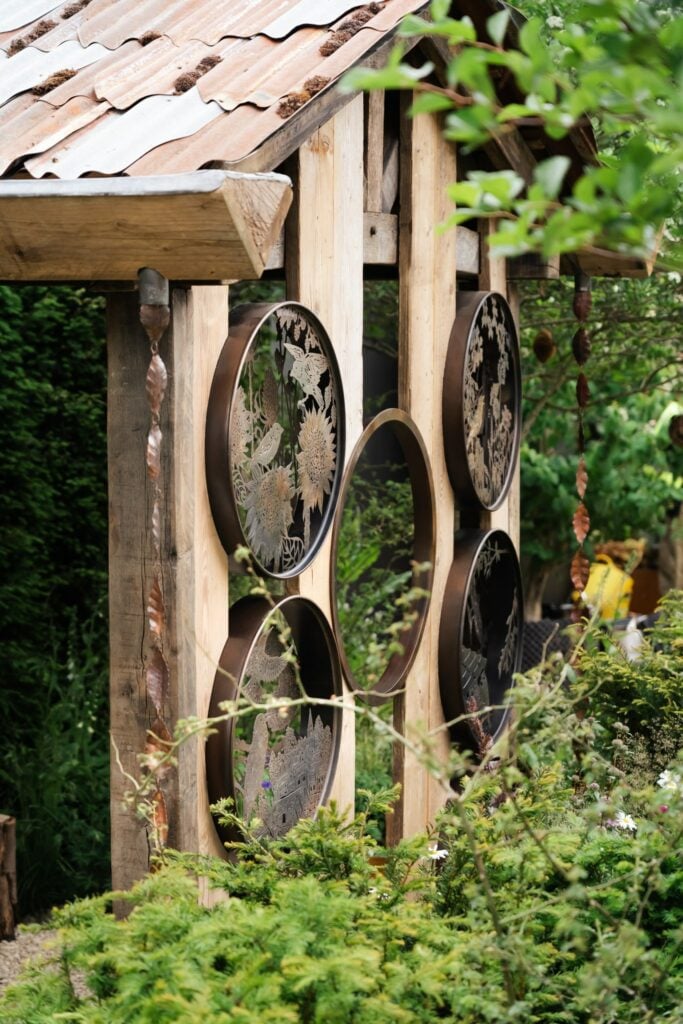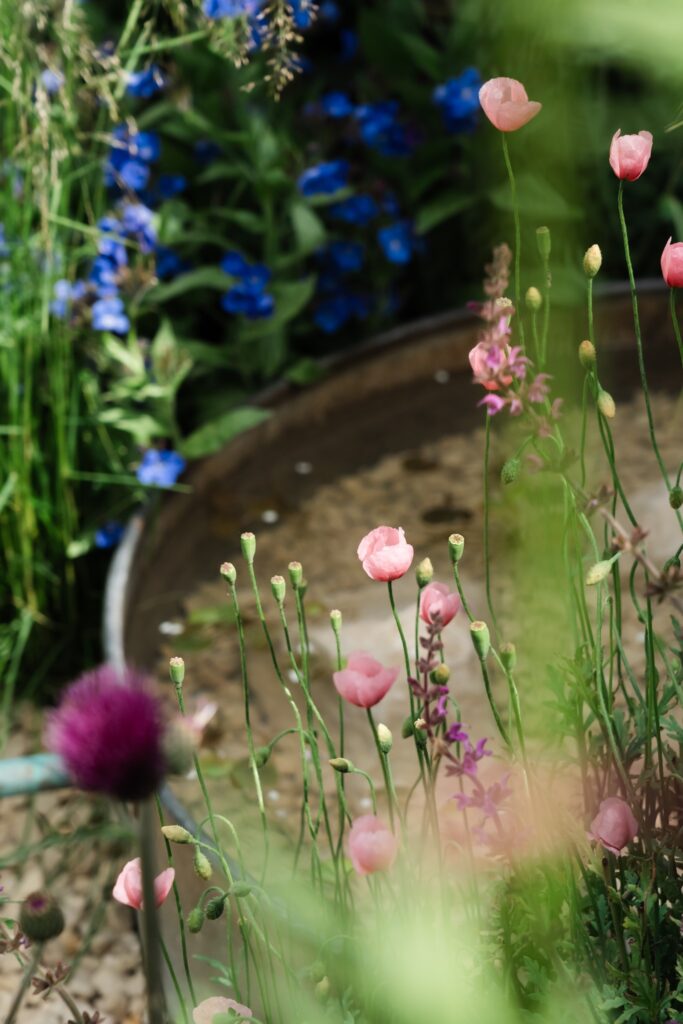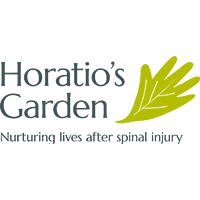What is a garden without bird song?
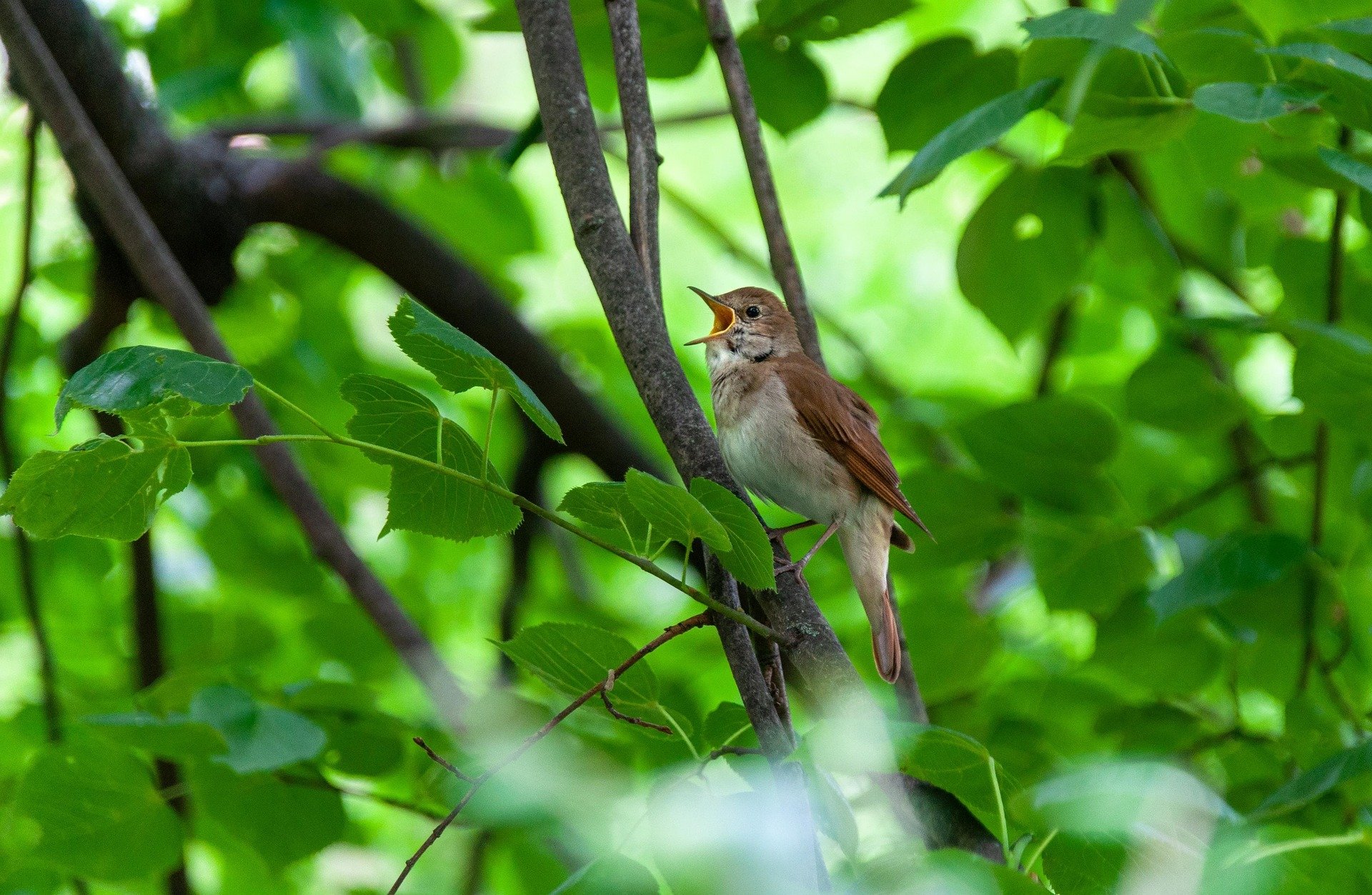
The National Garden Scheme not only works to promote the health benefits of gardens to people, but also understands the vital role our gardens play for biodiversity too. Here SongBird Survival shares why our songbirds need help – and the easy top ten tips to support our garden birds.
Who doesn’t love to listen to birdsong when they are out in their gardens? But the sad fact is that UK songbird populations have dropped by 50% in just two generations. SongBird Survival is the only charity in the UK dedicated solely to halting and reversing the alarming population decline of songbirds and other small birds. It does this by supporting scientific research into the causes of decline and offers practical expert advice on how we can all help to protect and support birds and wildlife, including in our own gardens and green spaces.
Our UK gardens cover an area bigger than all of our national parks combined. They can provide valuable habitat and sources of food for songbirds and other native wildlife. SongBird Survival, which is celebrating its 25th anniversary this year, is urging UK gardeners to #ThinkBirds as they plant, sow, maintain and crop. To help, the charity is offering gardeners some valuable tips on how we can all do our bit to keep our songbirds singing, while still enjoying a beautiful garden.
Offering food, shelter and water is a great place to start and whether you are a novice or an experienced gardener, or whether you garden a balcony, a window box or acres of land, SongBird Survival believes we can all do our bit. See the 10 top tips and make a difference to the birds that brighten your gardening experience.
RHS Chelsea Flower Show 2025
SongBird Survival hosted their first ever garden at RHS Chelsea. The SongBird Survival Garden is being designed by award winning designer Nicola Oakey who is also Assistant County Organiser for the National Garden Scheme in Rutland, and is being supported by Project Giving Back. The design aims to show the solution to helping songbirds naturally and is inspired by the movement and perspective of a bird, foraging for food and water while moving between points of safety and shelter. Two pathways weave between layers of planting, mimicking how birds prefer to move through a network of cover. At the centre of the garden is a human sized Birdhouse Den made from reclaimed materials and featuring six hand-crafted metalwork motifs of at-risk UK songbirds.
- The gorgeous Songbird Survival garden at RHS Chelsea
- Photos: Andrea Gilpin, Wild Meadow
Find out more about Songbird Survival here
This story was originally published in the 2025 Little Yellow Book of Gardens and Health – to read it click here




